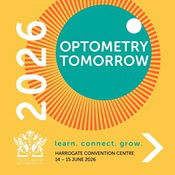General News
Driving Safely While Aging
Driving Safely While Aging

Contribution provided from across the pond from Feller Wendt personal injury attorneys
Driving is an important part of many people’s lives that enables them to run errands, shop for groceries, attend appointments, socialize, and enjoy an active lifestyle. However, continuing to drive as you reach an advanced age can come with risks.
Aging can cause changes in the body that affect your ability to perform everyday tasks, including driving. Older adults are also more likely to suffer fatal injuries in car accidents. According to the CDC, 20 older adults are killed every day in car accidents across the United States, and 540 are injured.
If you are starting to experience age-related limitations that make driving more challenging, it may be time to make important decisions about whether it is safe to continue driving—both for yourself and others. That said, you may be able to safely continue driving for years by taking advantage of adaptive technologies.

























